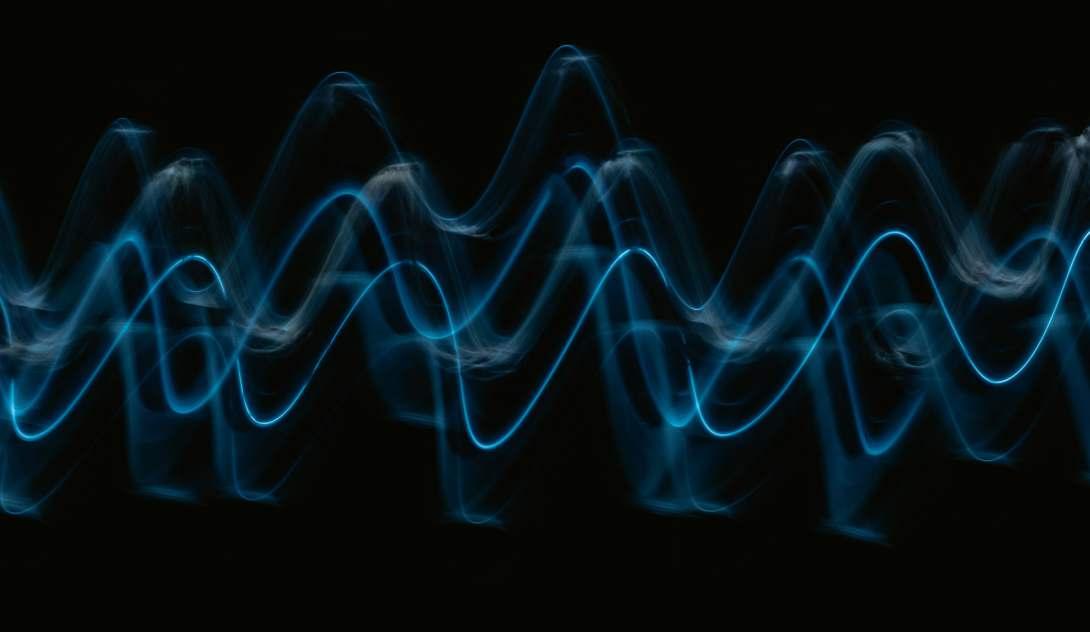How does science relate to music?
- Harshini, Lower V
Music is something that almost everyone enjoys. We find music everywhere; when we drive, when we buy an ice cream, or relax outdoors in the cool breeze. How is music generated? Consider a drum kit; hitting a drum with a stick creates sound. But how?
Sound is a wave, similar to Infrared waves and water ripples.
Sound waves are invisible and propagate through air , and are caused by vibrations in objects that disturb particles around them, which in turn disturb the particles around them, and so on - like a chain reaction. In a drum beat, when the stick hits the synthetic fibre, the particles of the fibre are disturbed, causing particles around those to be disturbed again. This domino effect continues and eventually reaches the ear, at which point the sound makes a tedious journey through the ear and vibrates through the eardrum to finally reach the auditory nerve that translates the sound as an electrical signal to the brain.
Science connects to Music in many different ways; sound is a wave that travels through air, which is something that we investigate in Physics heavily. Recently, I learnt about different types of waves, and sound is a unique wave; it falls into three different categories - A Longitudinal wave, Mechanical wave and pressure wave.
Longitudinal waves are caused by displacement of the medium’s particles. An example would be the tuning fork used in Music to find the correct note. Mechanical waves are caused by displacing air particles in a chain reaction. Ocean waves are mechanical waves. Pressure waves consist of compressions like the ones that help our ears to hear sound. For example, I play the Oboe, a double reed instrument. I create sound on my oboe by blowing air down the reed and through the tube. Since I use a double reed, the two pieces of reed vibrate against each other, which in turn causes the air particles to vibrate as well. By opening and closing the different holes, I am shortening and lengthening the amount of space for the vibrations to travel through, which in turn causes the pitch to change. Research has also shown that on hearing music the human brain produces a neurotransmitter called Dopamine. Dopamine is like Endorphin; it produces chemical pleasure, which is why music always makes you feel nice. This relates to Chemistry and Biology because we not only learn about chemicals, but also about how our brain works. This is how I believe Science relates to Music.

